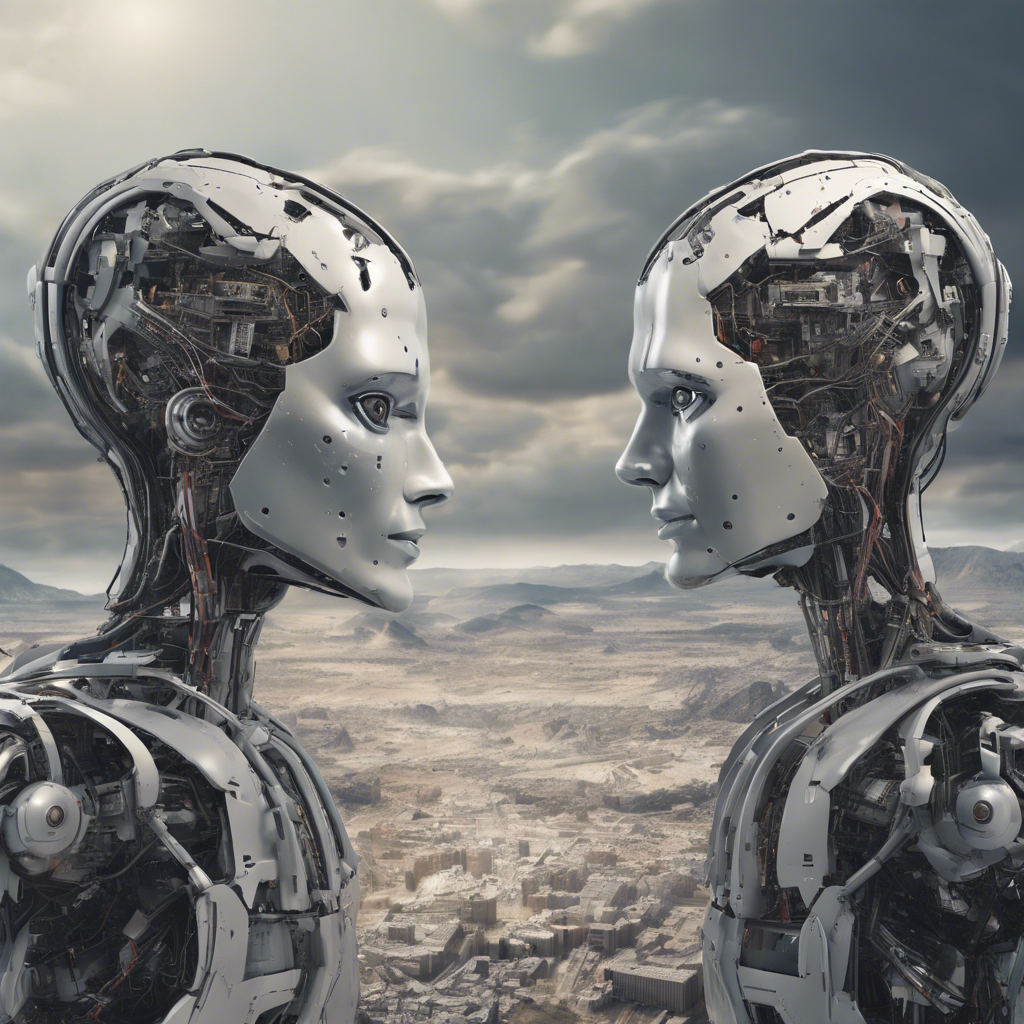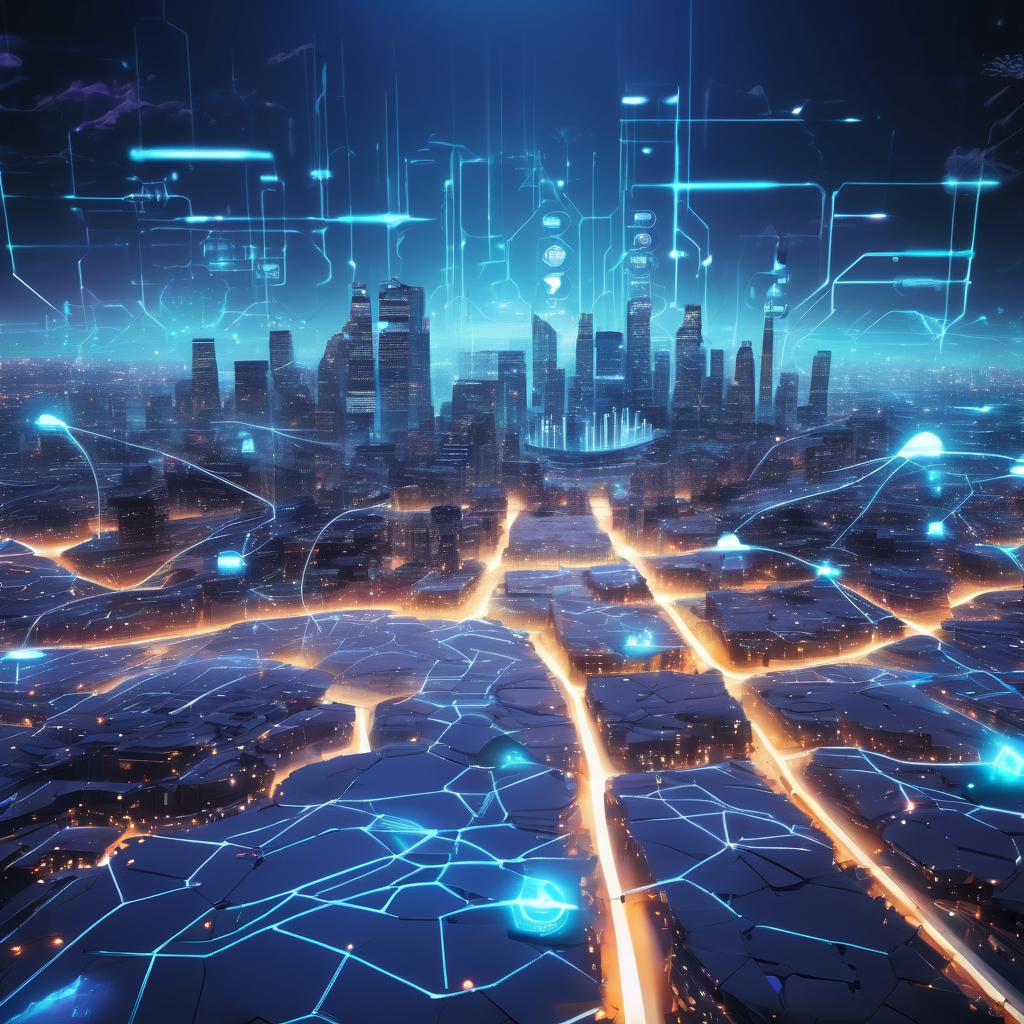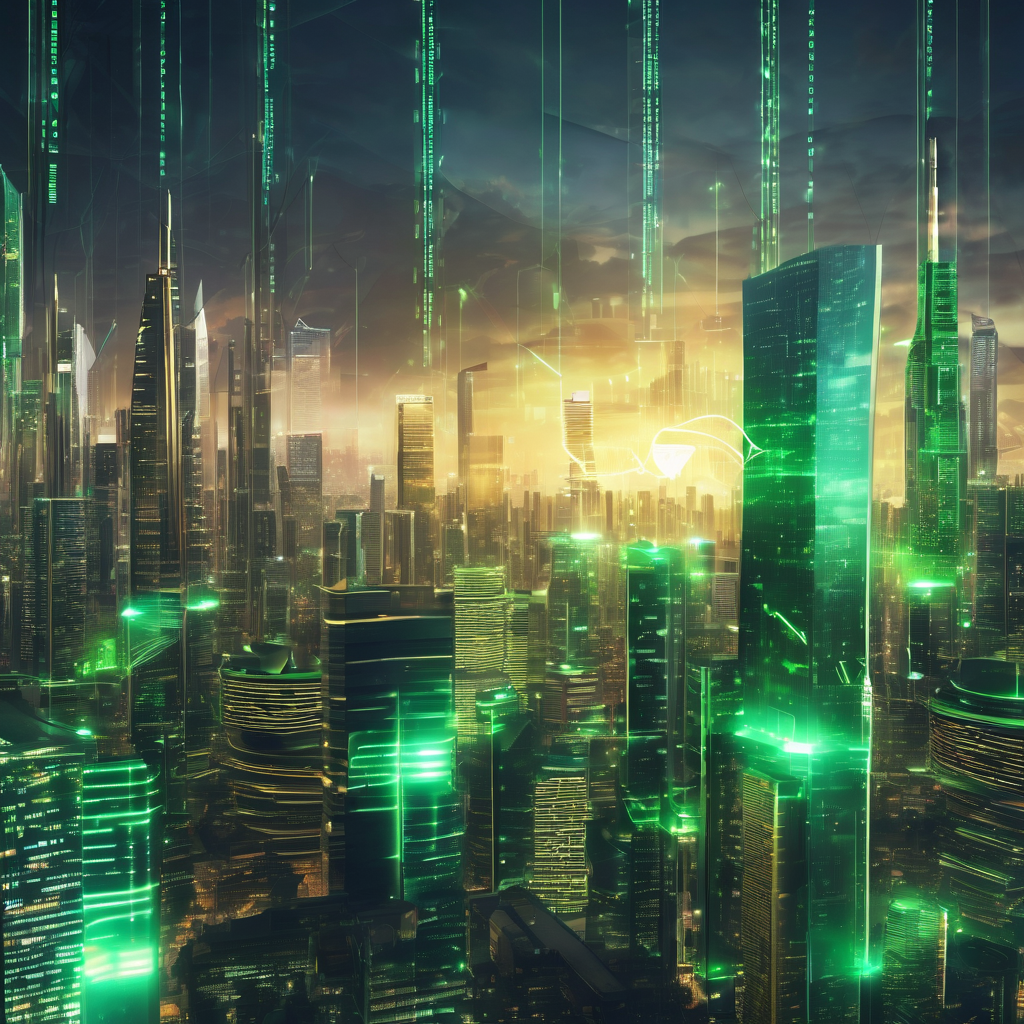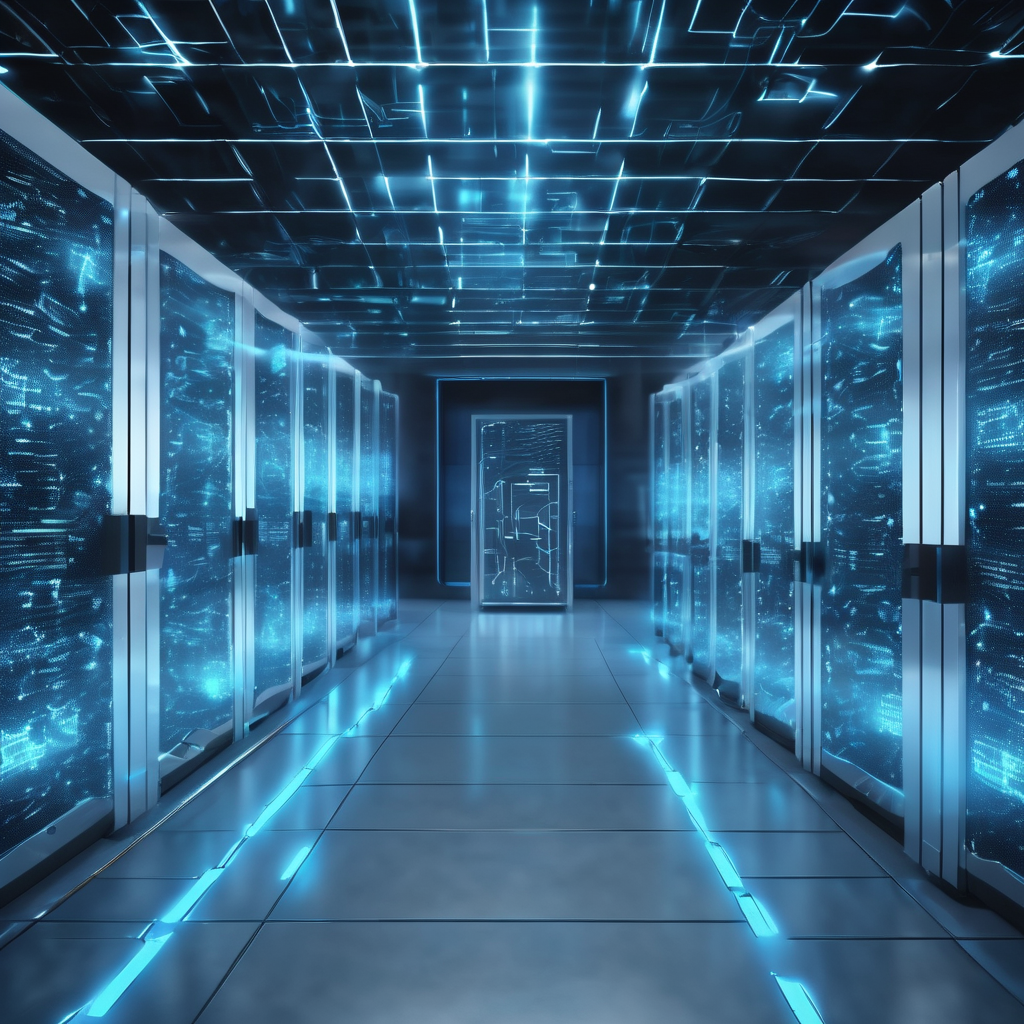
A significant societal divide is predicted over whether artificial intelligence (AI) systems are conscious, according to Jonathan Birch, a philosophy professor at the London School of Economics. As global leaders prepare to discuss AI safety in San Francisco, Birch warns of "social ruptures" between those who believe AI can feel emotions and those who don't. A group of academics recently suggested that AI could achieve consciousness by 2035, potentially leading to debates over the rights of AI systems similar to humans or animals. AI safety organizations are meeting to establish stronger safety protocols as AI technology rapidly progresses. The debate mirrors science fiction narratives like Steven Spielberg's "AI" and Spike Jonze's "Her, " where humans confront AI emotions. Different countries and cultures, much like their varied stances on animal sentience, might soon have conflicting views on AI consciousness.
This issue could also divide families, especially as individuals form relationships with AI or digital avatars of deceased relatives. Birch, known for his work on animal sentience, argues for tech companies to investigate the sentience of AI systems, which are increasingly seen as having their own moral significance. However, he notes AI companies often prioritize reliability and profitability over philosophical inquiries into AI consciousness. Determining AI sentience could involve markers similar to those used for animals; for instance, evaluating whether AI can experience emotions like happiness or suffering. While some advocate for assessing AI systems for consciousness, others, like neuroscientist Anil Seth, argue it's unlikely AI will achieve consciousness soon, though the possibility shouldn't be dismissed outright. Companies like Microsoft and Google have not commented on calls to evaluate AI for sentience, but the debate continues, highlighting the tension between rapid technological advancement and ethical considerations.
Debate Over AI Consciousness: Societal Divisions and Future Implications


Hitachi, Ltd.

MarketOwl AI has recently introduced a suite of AI-powered agents designed to autonomously handle various marketing tasks, presenting an innovative alternative that could replace traditional marketing departments in small and medium-sized enterprises (SMEs).

Google’s launch of AI Mode in 2025 signifies a groundbreaking evolution in search engine interaction, profoundly transforming online search behavior and content optimization.

Nvidia is on the brink of making history as it nears becoming the first company to reach an astonishing $5 trillion market valuation.

At a prominent session during the NAB Show New York, newly released survey data highlighted considerable public concern about artificial intelligence (AI) and its potential effects on trust in journalism.

By Jordan-Ashley Walker On a cloudy Thursday morning in September, Rhett Epler, an assistant professor of marketing at the Strome College of Business, sits at his desk in Constant Hall, engaging in a video call with a prospective client

Palo Alto Networks is significantly advancing its cybersecurity solutions by integrating sophisticated artificial intelligence (AI) technologies to combat escalating global cyber threats.
Launch your AI-powered team to automate Marketing, Sales & Growth

and get clients on autopilot — from social media and search engines. No ads needed
Begin getting your first leads today